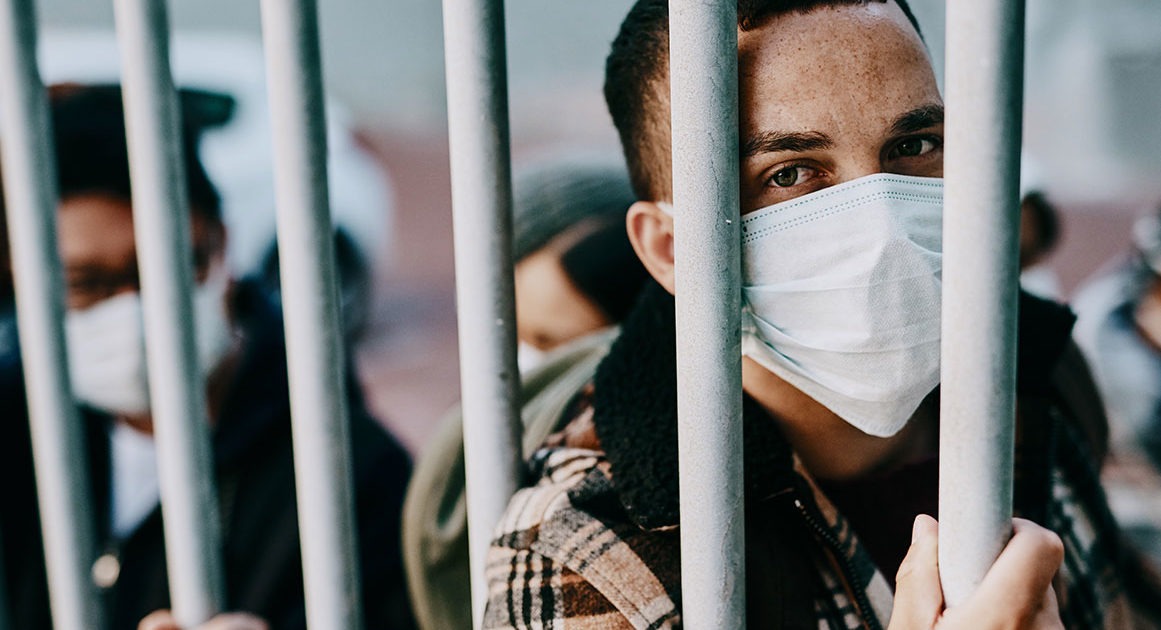
The Cannabis Industry’s Public Health Issue – Cannabis News, Lifestyle
If the US government legalizes cannabis nationwide, they will face the same public health problems as Canada. Namely busy bureaucrats demanding to control the nuances of your consumption your Cannabis.
It’s like the saying about kids becoming lifeguards. Some become lifeguards because they want to help protect and save lives. Others become lifeguards because they want to sit higher than everyone else and shout at people for rules.
Most healthcare professionals belong to the former type. They are the ones saving lives and you never hear from them. They have quiet small town practices or are employed in a city hospital.
The latter group goes into public health.
If the US government legalizes cannabis nationwide, they will face a public health problem. And the cracks are already beginning to show. Every so-called public health expert wants THC to be limited.
THC Limits and Taxes
There was a recently published white paper from the University of Southern California’s Leonard D. Schaeffer Center for Health Policy & Economics. In other words, it was a white paper written by the intellectual underbelly of public health. They have outlined rules they want to see for legal cannabis. This included a cap on the amount of THC allowed in all cannabis products.
The white paper also called for cannabis to be taxed based on potency rather than weight or retail price. And of course they want a comprehensive tracking system from seed to sale.
A bill introduced in the US Senate calls for the federal decriminalization of cannabis and allows states to set their own rules. So far, only Vermont and Connecticut have THC limits.
The US Senate bill also calls for a 25% use tax in addition to the other sales and use taxes levied at the state level. This tax essentially guarantees that legacy markets remain the preferred choice of consumers. It can also bankrupt smaller farms and retailers in the constitutional states.
You’d think public health busybodies would care more about a bill that strengthens the legacy market since they have no control over that market. But for whatever reason, they’re much more interested in limiting how much THC American adults can consume.
Even to the point of absurdity.
The cannabis industry has a public health problem
Rosalie Liccardo Pacula, Ph.D., is a senior fellow at the USC Schaeffer Center and the Elizabeth Garrett Chair in Health Policy, Economics & Law at the USC Price School of Public Policy.
She told Healthline: “It has taken us decades to understand alcohol and understand what a standardized drink is. So we should set those caps and wait at least 5 years before adjusting them because it will take time for the science to come out.”
In other words, we should act now and arbitrarily restrict the non-lethal compound that makes cannabis great. We don’t have science on our side, and we probably won’t in five years. Nevertheless, we should enforce our “expert opinion” and have it written into a law punishable by fines and imprisonment.
Or take R. Lorraine Collins, Ph.D., Professor and Associate Dean of Research at the University at Buffalo’s School of Public Health and Health Professions. She says she supports the white paper. Setting THC limits and taxing them based on potency is an “excellent start.”
But she’s also wary of how market participants seek to undermine the public health agency.
“The cannabis industry is very smart,” she said. “One of the things they do is when they say they’re going to limit the potency of cannabis flower, they’re going to increase the potency of other cannabis products. So the key is to limit THC in “all cannabis products.”
She also said laws need to be broad enough to cover future cannabis products.
No mention of medicinal patients requiring high doses of THC. No mention at all of medical patients. Only healthy adults to be treated like children.
The cannabis industry has a public health problem.
Public health busybodies have nothing to do with cannabis regulation

According to the prolific Rosalie Liccardo Pacula, “A public health approach to cannabis regulation is about engaging users in a way that maximizes benefits and minimizes harm.”
But public health officials in Canada could not prove any harm. They just claimed it and repeated the lie until the average person believed it. And that seems to be the case in the US as well.
The only “harm” they can conclusively show is that someone who consumes a lot of high-THC cannabis risks developing “cannabis use disorder.” But what exactly does this prove?
Public health busybodies fear potent cannabis will get you hooked. So they will interfere in your life to prevent that. There are several problems with this:
a) It is not up to the public health lobbyists what adults do with their bodies in their free time. Psychiatric disorders were a tool used by the communist governments to silence dissidents. That might not be the case here, but it’s best to be safe.
b) an “addict” is not a real thing. People can develop habitual behaviors and deeply ingrained preferences. But high-THC cannabis cannot spring to life and compel you to consume it. “Cannabis use disorder” is not real.
c) The evidence linking cannabis to psychosis and schizophrenia is arbitrary at best and pseudoscientific at worst. Public health bureaucrats have no basis on which to base their recommendations.
The only risks young, healthy people face when it comes to cannabis are the destructive narratives that public health throws into their heads.
footnote(s)
https://www.healthline.com/health-news/legalizing-cannabis-at-the-federal-level-could-benefit-public-health-heres-why#Takeaway-
https://healthpolicy.usc.edu/research/federal-regulations-of-cannabis-for-public-health-in-the-us/

Post a comment: